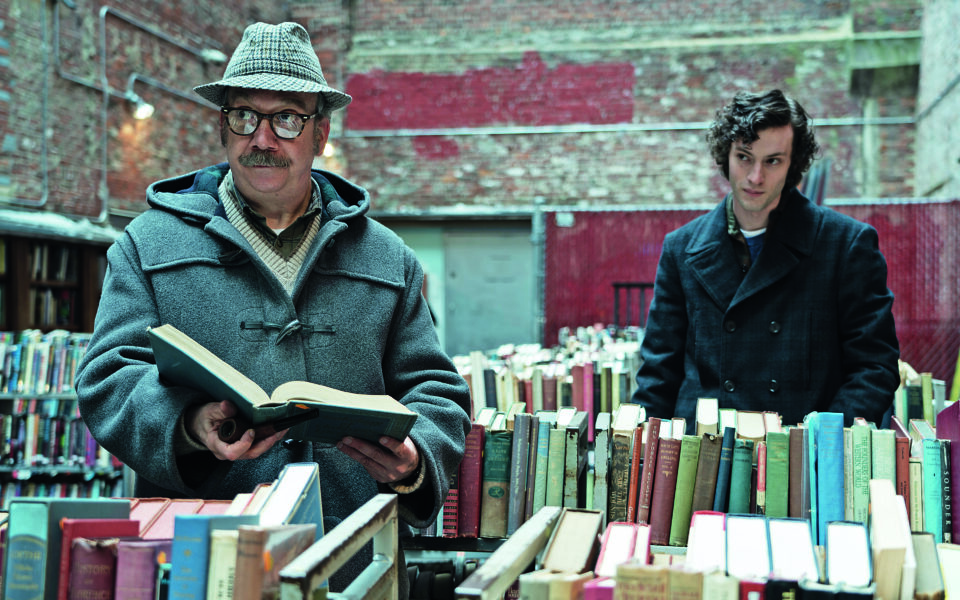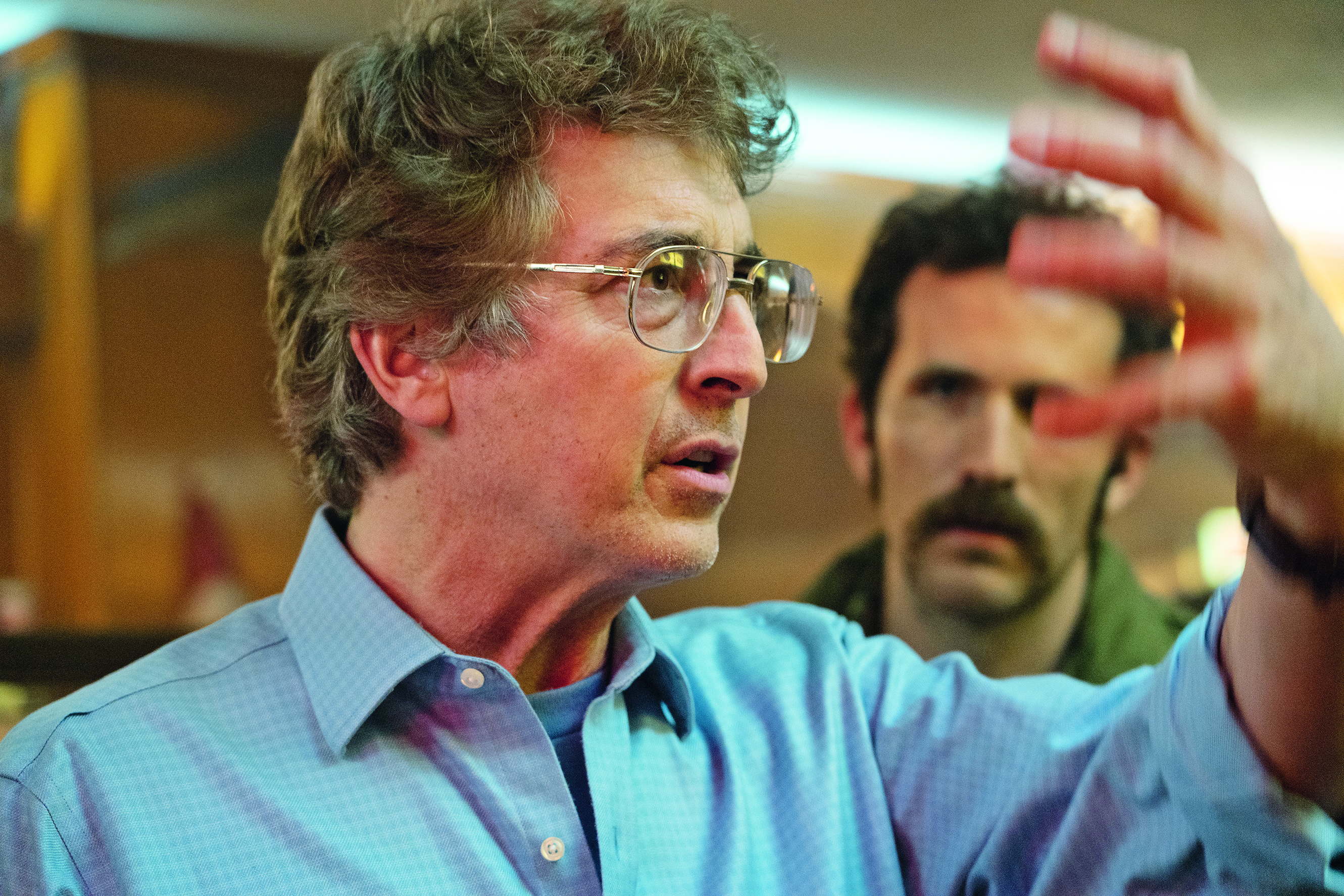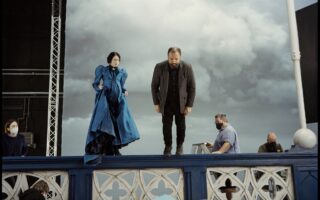Greek-American filmmaker revisits 1970s in ‘The Holdovers’

Even though he’s a frequent visitor to Greece – coming in the summer for the Evia Film Project and in autumn for the Thessaloniki International Film Festival – Kathimerini caught up with Alexander Payne in London this time.
The Greek-American filmmaker was there for the UK premiere of his new movie and was chuffed by the reception it got from the British audience. Now being screened at Greek cinemas, “The Holdovers” is the story of a teacher, a student and a cook stuck in a New England boarding school over the Christmas holidays in the 1970s.
From the details and the way the characters are introduced, the film appears personal from the very start.
“The term ‘personal’ can mean a lot of things. It’s not autobiographical, but I do believe that putting a part of yourself and your feelings into your characters is what a filmmaker does. I did have a very difficult and strict teacher like the one described in the film and there is quite a bit of me in the screenplay, even though I didn’t write it,” says Payne, referring to David Hemingson, in his feature writing debut. “All of my work, though, reflects my perspective on what makes a film,” he adds.
The fact that “The Holdovers” is set in the 1970s is also poignant. With the Afro-American cook, played by Da’Vine Joy Randolph, having lost her son to the Vietnam War, the conflict serves as an important backdrop.
“This is how it always is, everywhere. The people who go off to war and get killed are, as a rule, poor, everyday people. America has been built on such injustices through the centuries, from the Native Americans who were wiped out to slavery,” notes Payne.
The director also refers to that era in the film’s aesthetic qualities. “It was something of a wager that I set with myself and the crew, to make a film that is not only set in the 1970s, but looks and sounds like it was made back then. This is not just about the photography and the sound, but also about the production design,” says Payne, adding that he was not compelled by a sense of nostalgia for that period. What he misses most about the 1970s “is the movies,” says Payne.
All three characters in “The Holdovers” are flawed by past trauma, but being forced together helps them work through their issues and move on. “Any film that can convey a sense of collective humanity is useful, in my opinion,” says Payne, lamenting the absence of collective humanity in, say, the ongoing conflict in the Middle East.
‘This is how it always is, everywhere. The people who go off to war and get killed are, as a rule, poor, everyday people’
“I don’t want to sound arrogant, nor is my movie didactic, but I think it’s great to show a bunch of people who appear so very different from each other being able to connect with each other and with the audience.”
This connection with the audience is accomplished through humor, basically, which lightens the mood and also cleverly conveys a series of observations about issues like loss, solace and duty. Payne describes it as “bittersweet.”
“The two sides of the mask, like in ancient theater,” he says. “Comedy is my form, though this is not to say that my films aren’t serious. In fact, I have always thought comedy to be the most serious form of film, because it invites viewers to look at life from a happy distance. We’ve got to have a sense of humor.”

Shining at the center of “The Holdovers” is Paul Giamatti, who already clinched a Golden Globe and is possibly looking at his first-ever Oscar for the part of the classics professor, which seems almost made for the great American actor. Paul Hunham is exacting, strict and an alcoholic, who takes out his frustration on his student (played by the also excellent Dominic Sessa) before gradually evolving into something of a father figure.
“I personally had some great teachers growing up. I’m not sure how good a teacher Giamatti’s professor is, to be honest. Paul, on the other hand, is simply fantastic. I love him. I had him in mind all along for this film, as I do for practically all my films. He is one of the reasons I wish I worked faster; so I could use Paul’s talent more,” says Payne.
We could not conclude our interview without asking whether he has plans to make a movie in his ancestral homeland Greece. “It will happen one day; all that’s missing is the screenplay,” Payne answers, in Greek.





